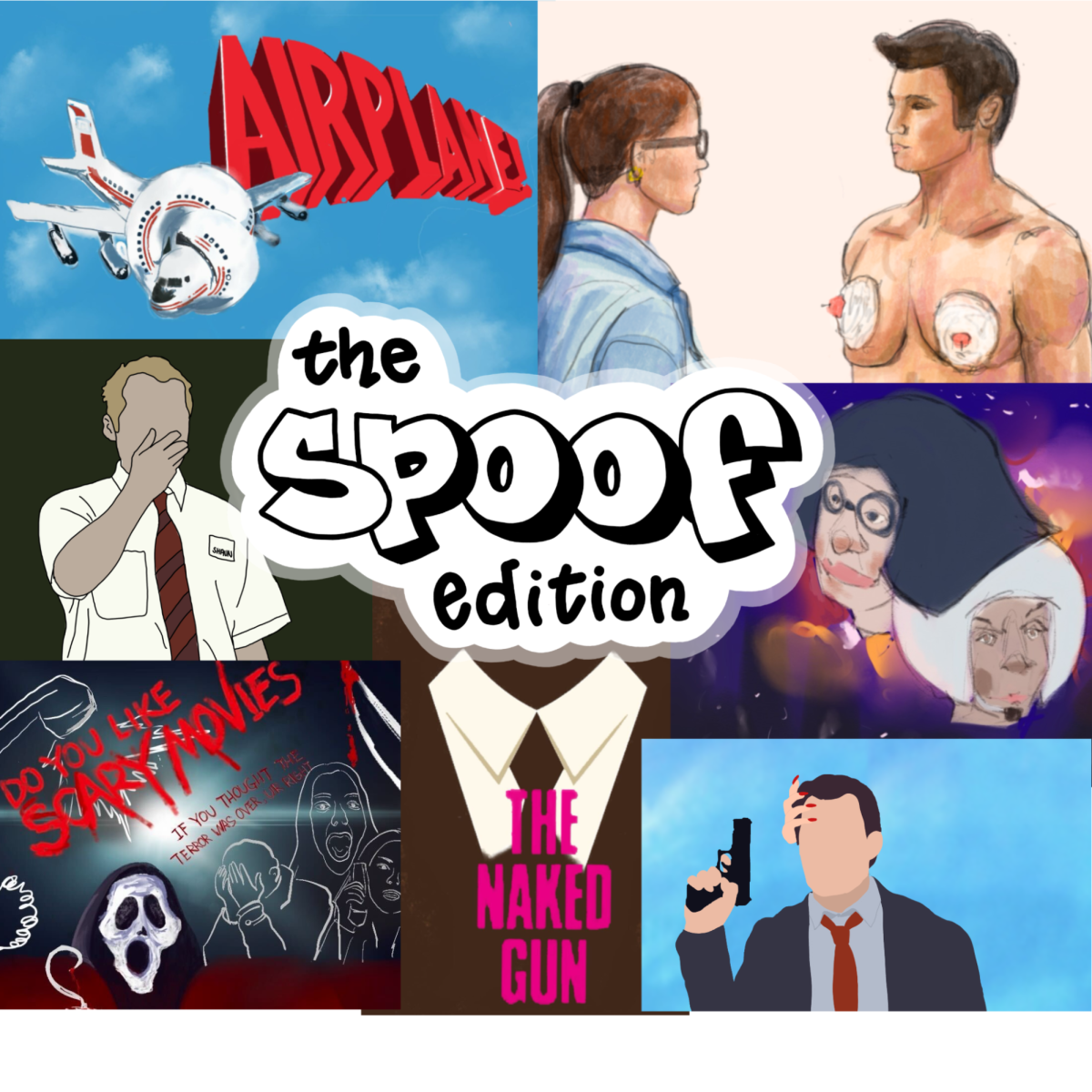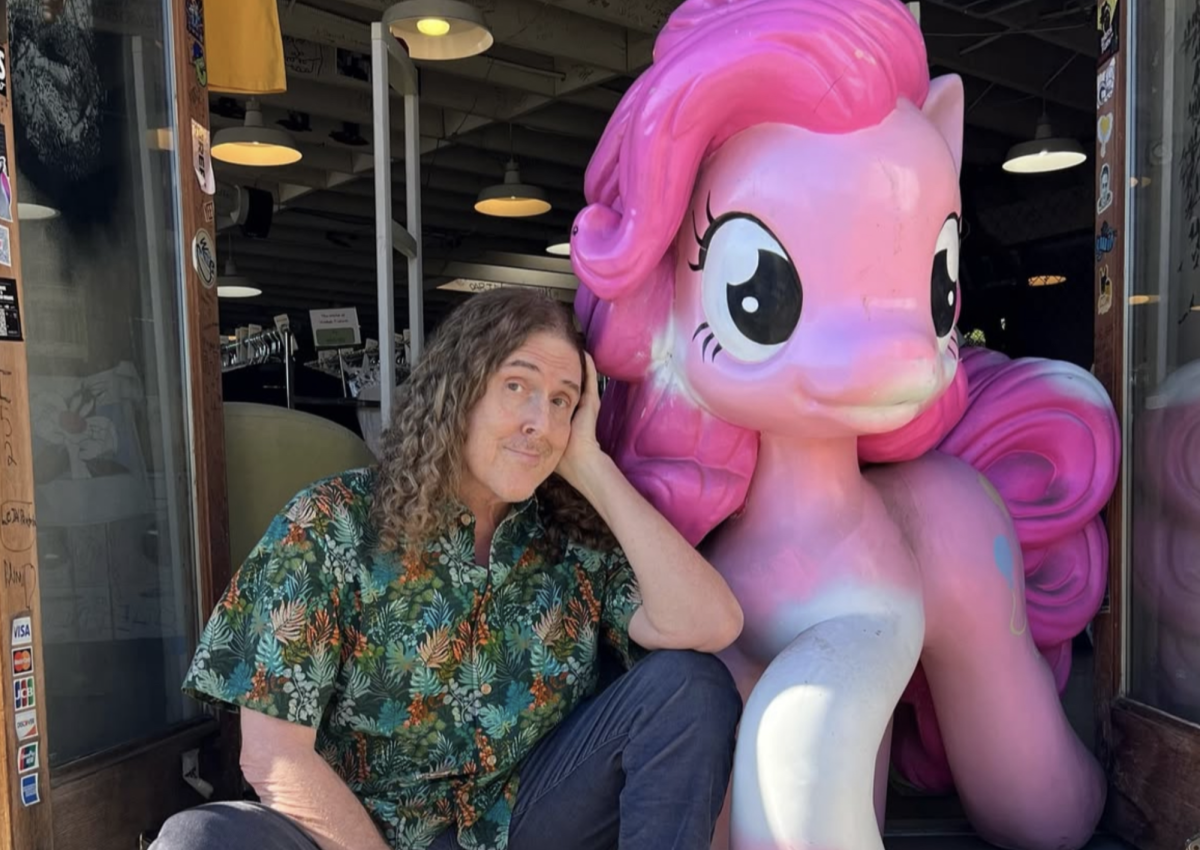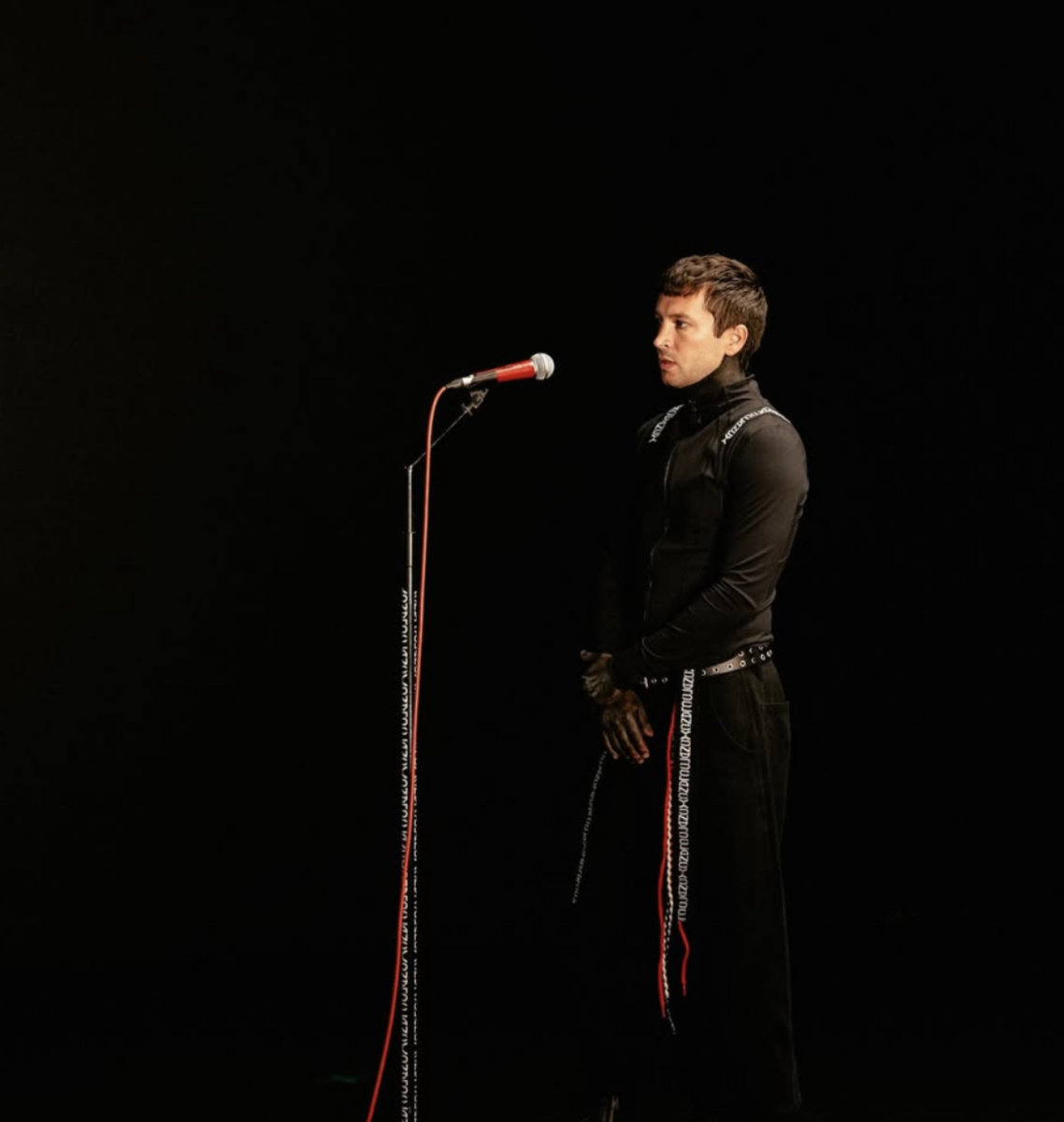
“I think you’re scared of being basic,” Joe Keery says on the lead single “Basic Being Basic” from “The Crux,” the latest album from Keery’s musical project Djo. In a highly anticipated release and perhaps his first foray into mainstream territory, the artist attempts to establish a larger than life footing. Co-produced with Adam Thein at Electric Lady Studios in New York, the album marks a stylistic shift from synth-heavy style to a more guitar-driven, indie rock sound reminiscent of The Beatles, taking different instrumental risks and fussing around with various styles. Whether that works or not, I don’t know, but it’s definitely fun.
Djo occupies an interesting space in alternative music, one shared with the likes of Dylan Minnette’s Wallows. The artists, despite some notable musical differences, occupy a similar niche within the alternative sphere: male-dominated indie music that pervades social media and the culture of Generation Z. Just look at Djo’s biggest hit, “End of Beginning,” which found viral TikTok fame due to the light and vague hook of “when I’m back in Chicago, I feel it.”
In “The Crux,” Djo showcases an experimental edge that sets it apart from its contemporaries. In particular, Keery described the release as a concept album about a hotel housing guests. Djo draws from different inspirations throughout, which work to varying degrees.
“Charlie’s Garden,” featuring Charlie Heaton of “Stranger Things,” is one highlight. Although the song’s style and title are direct Beatles references, the track feels very authentic while providing an entertaining homage. In my opinion the instrumentals are the greatest thing in this album, such as the ’80s guitar on “Delete Ya.” While the song’s lyrics may be lacking an emotional resonance, the instrumentals and vocal delivery make up for it.
The album’s lyrics, in fact, are its greatest shortcoming, keeping me from fully loving the record. While a lot of the lyrical concepts are adventurous and introspective, they don’t fully deliver on execution — some of the verses feel clunky and the choruses generic. “Golden Line,” for example, lacks some of the poetic nature of its inspiration, the Beatles’ “Golden Slumbers.” Lines like “Time can give, can give, and life can take, can take away” simply fall flat. The writing on some of the songs, seeking to convey a deep or introspective quality, ultimately comes across as surface-level and shallow.
Still, Keery’s charisma shines through. Doing Beatles impersonations does work for them, even if it feels a little hollow. While the music is taking inspiration from other artists, it also highlights some of their own traits. “Link” is a really interesting song and one that feels relevant to the Gen Z mindset lyrically. But the album doesn’t feel entirely cohesive — there are some random moments which come completely out of nowhere, such as the addition of a children’s choir on “Back on You” or the orchestral accompaniment in “Golden Line.” The intense build-up and existential themes on “Egg,” portraying an exploration of identity and transformation, also stand out, as do other moments — despite a perplexing artistic inspiration.
Keery is a likable artist, and knowing that he’s the man behind Djo adds something to the music, which otherwise would be a little flat without any of this charisma. For example, “Basic Being Basic” isn’t very introspective and offers a very shallow take on Gen Z, with lyrics talking about Instagram and posting salads. This can make the album feel at times dated — even now, when it should feel timely — and at others unpleasant and cringey; whether this was the band’s intention is not entirely clear. The older influences emulated in modern lyrics, while experimental, is not necessarily my favorite choice.
For a stylistic shift, the record works well, as it introduces us to new sides of Keery. We see his different influences and various lyrical choices. I don’t know if I love all of the lyrics, but it’s definitely innovative and new for them. Above all, it’s an enjoyable listen, making it worthwhile.



















